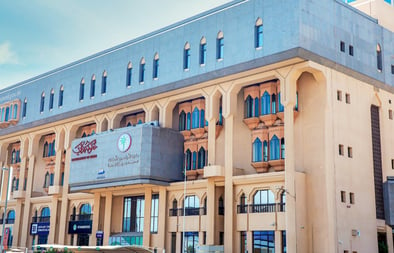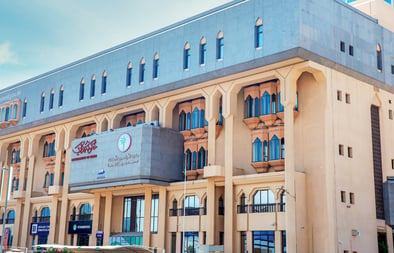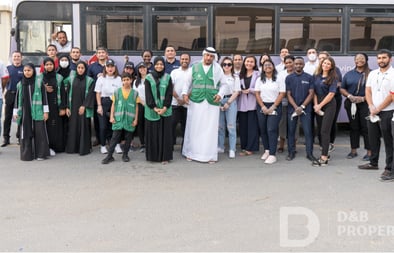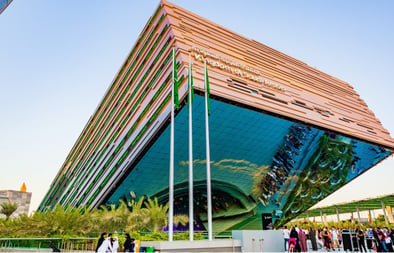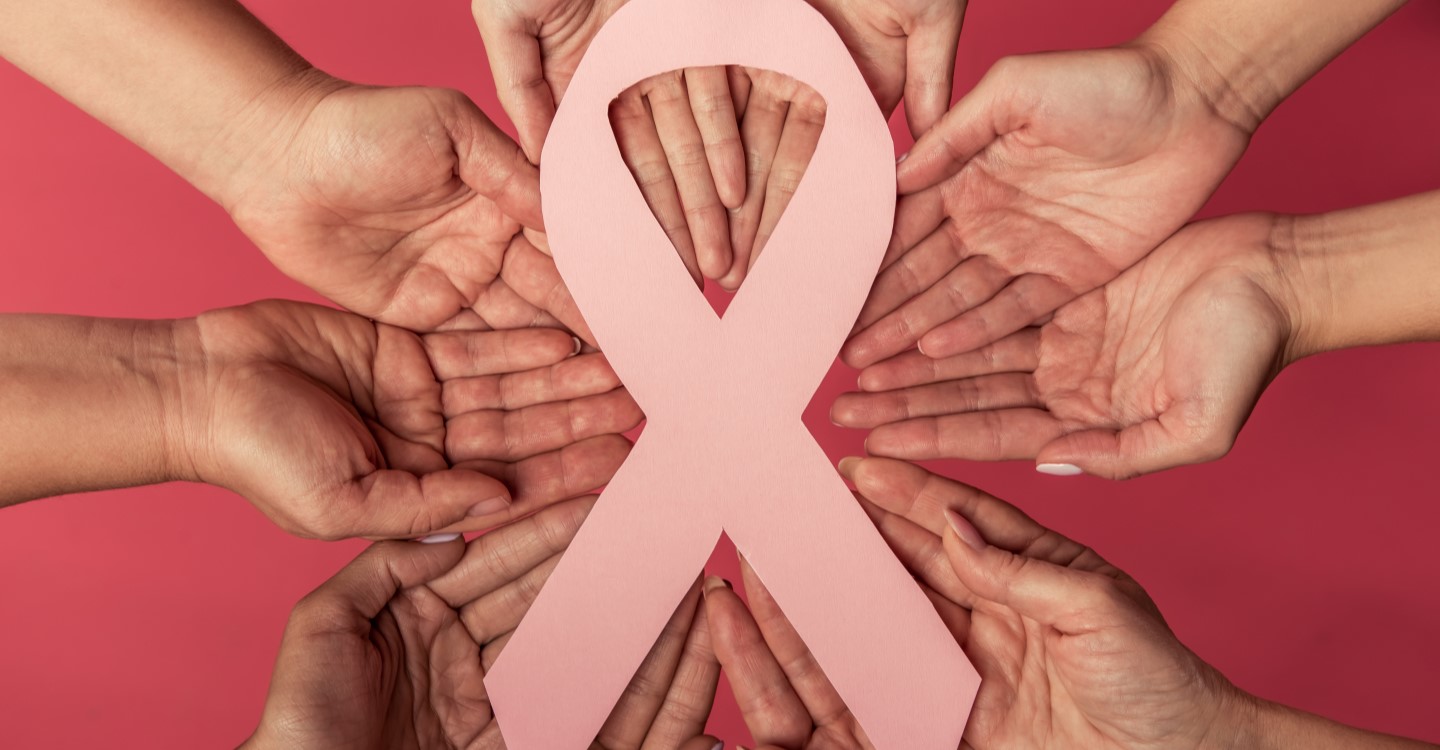
In the sea of pink that graces our lives every October, Breast Cancer Awareness Month stands as a powerful symbol of solidarity, support, and hope. It's a time when individuals, communities, and organizations across the globe unite to raise awareness about breast cancer, honor survivors, and remember those who have lost their lives to this disease.
Beyond the pink ribbons and campaigns, Breast Cancer Awareness Month is a beacon of education, empowerment, and inspiration. In this blog, we delve into the various aspects of this significant month, offering insights, guidance, and stories of resilience that empower lives and promote the importance of early detection and prevention.
Understanding Breast Cancer
Breast cancer is a formidable adversary, one that touches the lives of millions. Understanding its basics is the first step toward empowerment. Breast cancer occurs when cells in the breast divide and grow without control. This can lead to the development of a lump or mass in the breast, which may be benign (non-cancerous) or malignant (cancerous).
Early Detection Saves Lives
The cornerstone of breast cancer awareness is the resounding truth that early detection saves lives. Regular screenings and self-exams can detect breast cancer at its earliest, most treatable stage. The earlier it's caught, the better the chances of successful treatment and recovery. Here's what you need to know:
1. Mammograms: Mammograms are recommended for women aged 40 and older, but they can be necessary earlier for high-risk individuals. Regular screenings can help identify potential issues before symptoms develop.
2. Breast Self-Exams: Regular breast self-exams are an essential part of early detection. They can be performed at home and are a simple yet effective tool in the fight against breast cancer.
Tips for Self-Exams
Performing breast self-exams is a personal and proactive way to protect your health. Here are some tips for an effective self-exam:
1. Consistency: Perform your self-exam at the same time each month. It's recommended to do it a few days after your menstrual period when your breasts are less likely to be tender or swollen.
2. Systematic Approach: Begin at your collarbone and work your way down to your bra line. Don't forget to check your armpits as well.
3. Using Fingertips: Use the pads of your fingers for a gentle, circular motion. Apply different levels of pressure to cover all the breast tissue.
4. Check for Changes: Pay attention to any lumps, thickenings, or changes in texture or size.
Preventative Lifestyle Changes
While there's no guaranteed way to prevent breast cancer, certain lifestyle changes can reduce your risk. These changes not only lower the likelihood of breast cancer but also contribute to overall health. Consider the following:
1. Maintain a Healthy Weight: Obesity is a risk factor for breast cancer. A balanced diet and regular physical activity can help you maintain a healthy weight.
2. Limit Alcohol Consumption: Excessive alcohol consumption is associated with an increased risk of breast cancer. If you choose to drink, do so in moderation.
3. Quit Smoking: Smoking is linked to several types of cancer, including breast cancer. Quitting smoking can improve your overall health.
4. Balanced Diet: A diet rich in fruits, vegetables, and whole grains can contribute to your overall health and may reduce your risk of breast cancer.
Breast Cancer Support
For those diagnosed with breast cancer, a strong support network can make a world of difference. Loved ones, support groups, and healthcare providers are essential allies in the journey to recovery. It's crucial to reach out for emotional and practical support whenever needed. Support is not just about medical treatment; it's also about the emotional and psychological journey that accompanies a cancer diagnosis.
Breast Cancer Survivorship
Breast cancer survivorship is a testament to the strength and resilience of individuals who have conquered this disease. Their stories serve as an inspiration for others, proving that hope and determination can overcome adversity. Survivors often share their experiences to motivate and empower those still fighting their battle.
Community Engagement
Participating in Breast Cancer Awareness Month goes beyond wearing pink ribbons. Engage with local events, fundraisers, and educational programs. Supporting breast cancer research and awareness organizations is a powerful way to contribute to the cause. Volunteering your time or making a donation can make a significant impact. Breast cancer awareness is not just a personal journey; it's a collective movement.
Motivation and Hope
Breast Cancer Awareness Month is not just about acknowledging the challenges but also celebrating the victories. It's about fostering hope and motivation, encouraging individuals to take charge of their health, get regular check-ups, and support one another. Survivors' stories, the compassion of caregivers, and the dedication of medical professionals all serve as reminders of the strength that can emerge from adversity.
Conclusion
Breast Cancer Awareness Month is not just a month but a movement. It is a time for reflection on the progress we've made, a call to action to continue the fight, and an opportunity to celebrate the unity of those touched by breast cancer. As we delve into the sea of pink, we find not only ribbons but also remarkable stories of resilience and hope.
Understanding the basics of breast cancer and the importance of early detection is the first step in empowering ourselves and our loved ones. It's a reminder that knowledge is power, and by being informed, we can take charge of our health. Making lifestyle changes is not just a preventative measure but an act of self-care. It's an acknowledgment that our choices can influence our well-being, and by adopting healthier habits, we are investing in a brighter, healthier future.
Engaging with the community is where the magic happens. Breast Cancer Awareness Month is a time to come together, to support one another, and to lift those who need it most. It's about attending events, volunteering, and donating to organizations dedicated to breast cancer research and support. It's a reminder that we are part of a collective, a network of individuals who share a common goal - to eradicate breast cancer.
But perhaps most importantly, Breast Cancer Awareness Month is a beacon of motivation and hope. It's a reminder that within every challenge lies an opportunity to emerge stronger. The stories of survivors, the unwavering support of caregivers, and the tireless dedication of medical professionals serve as a testament to the indomitable human spirit.
So, let this month not only be a time for awareness but a time for action. Let it remind us that we are not alone in this battle. Together, we are stronger. Together, we can create a world where breast cancer is no longer a threat. And together, we can empower individuals with the knowledge, motivation, and hope they need to face breast cancer with courage and determination. Breast Cancer Awareness Month is a reminder that we are not defined by the challenges we face but by our resilience in overcoming them.


























.jpg)
















